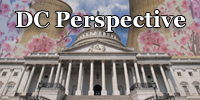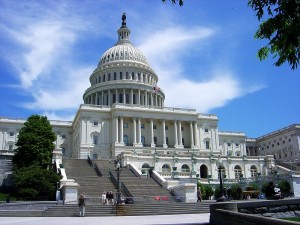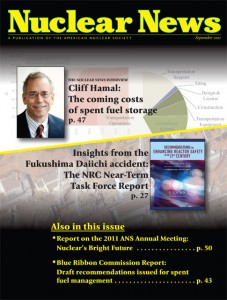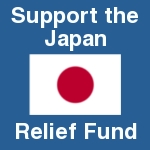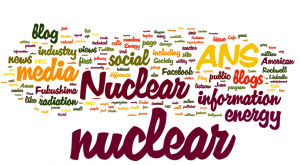Radiation and Reason: A Visit to Tokyo and Fukushima
I, Akira Tokuhiro, recently traveled to Japan to meet Wade Allison (professor emeritus of physics, Oxford University, UK) and David Wagner (Tokyo-based risk communication expert and consultant). A number of concerned scientists had expressed interest regarding the Fukushima accident. Specifically, there was concern regarding the significance and impact in the nuclear world and also the plight of the victims, especially the evacuees and the workers at the plant.


